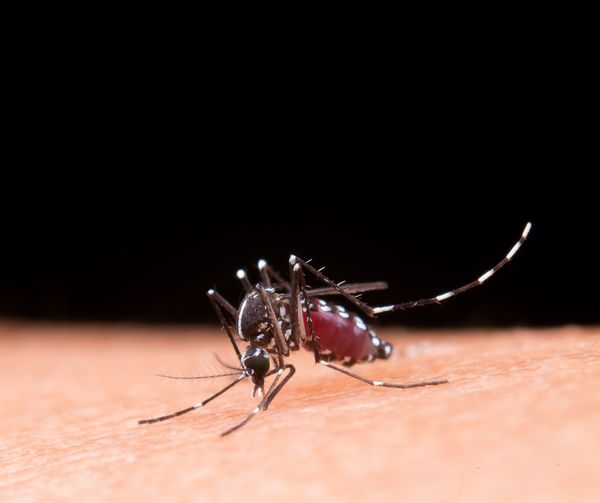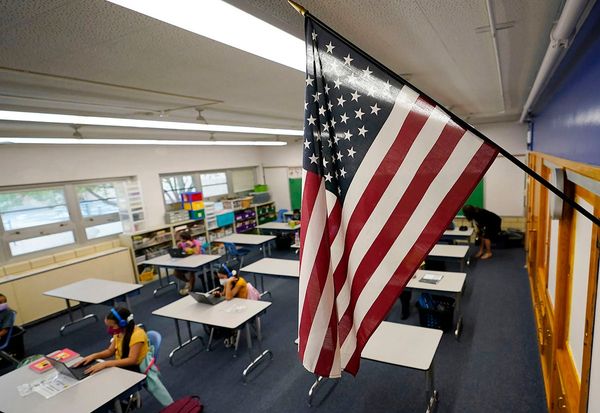Gov. Gavin Newsom is right: California should abolish the death penalty.
But that decision is up to the voters, and thus far they haven't agreed. Most recently, in 2016, they rejected a move to end capital punishment and instead narrowly approved a separate measure to speed up the legal timeline for executions.
Newsom vowed during his gubernatorial campaign to respect the will of the voters. Since his election, he's done just the opposite. Just two months after assuming office, he signed an executive order on executions in California.
Last week, he doubled down by to close the nation's largest death row, at San Quentin State Prison, within two years. The move won't change the number of inmates, currently about 700, scheduled to die in California. But it throws a largely symbolic wrench in the death penalty machinery.
To be sure, Proposition 66, the 2016 measure expediting executions, also contained a provision that allowed inmates to be moved off death row. Clearly, Newsom is cherry-picking the part of the measure he likes while ignoring the rest.
Make no mistake, the governor's goal is laudable. Capital punishment is costly and does not prevent crime any more effectively than the prospect of life in prison. We didn't like Prop. 66 any more than he did.
But Newsom has an obligation to uphold the will of the voters, as he promised he would. Running roughshod over our democratic process is unacceptable, whether it's by Donald Trump trying to overturn the results of a presidential election or California's governor dismissing the outcome of a plebiscite on the death penalty.
Newsom has another option: Go back to the ballot. It won't be an easy sell, but polling data suggests that another statewide measure with a well-run campaign behind it could produce a different outcome.
Take, for example, the July 2021 by the Public Policy Institute of California. On one hand, 64% of adults strongly or somewhat favor the death penalty for persons convicted of murder. On the other hand, 55% prefer life imprisonment with no possibility of parole instead of the death penalty. And 74% recognize that there is some risk that the death penalty will lead to executing an innocent person.
Chances are that the outcome would be close, just as it was in 2016, when Proposition 62, to repeal the death penalty, went down by 53%-47%, and Proposition 66, speeding up the process, passed by 51%-49%.
But working within our democratic and constitutional process is preferable to trying to run over it.







